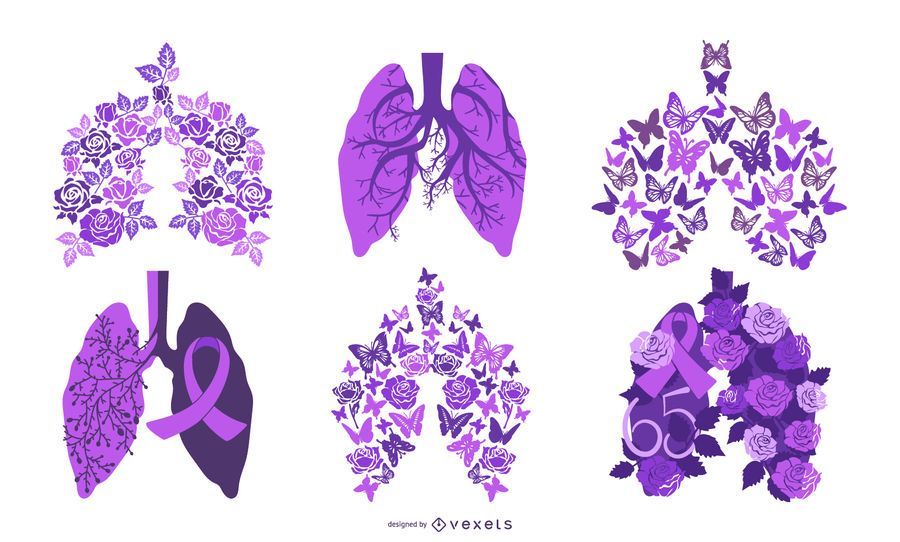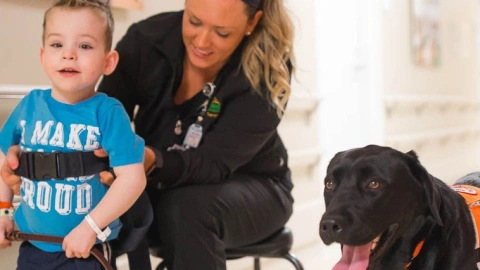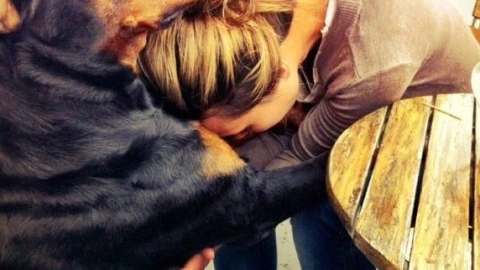Dog / Detail
A Tiny Companion, A Giant Heart: The Dachshund and Cystic Fibrosis
Jonathan Bennet | 06 August 2024 | 16:05
The bond between humans and animals has long been a subject of fascination and study. In particular, the relationship between children with chronic illnesses and their pets has emerged as a compelling area of research. One such bond, between a teenage boy with cystic fibrosis (CF) and his dachshund, is a poignant testament to the power of companionship.
Cystic fibrosis, a genetic disorder affecting the lungs, pancreas, and other organs, presents significant challenges for those afflicted. The physical and emotional toll of the disease can be overwhelming, often leading to isolation and a diminished quality of life. In such circumstances, the presence of a loyal companion can make a profound difference.

One key factor is the oxytocin system. Often referred to as the "love hormone," oxytocin is released during social bonding and has been shown to reduce stress, anxiety, and pain. Studies have demonstrated that interacting with pets can stimulate the release of oxytocin in both humans and animals, fostering a sense of calm and security.
Furthermore, animals can act as a distraction from physical symptoms and emotional distress. For individuals with CF, who often experience chronic pain and fatigue, the focus and joy derived from caring for a pet can provide a welcome respite. This distraction can contribute to improved mood and overall well-being.

In the case of the teenage boy with CF and his dachshund, their bond was undoubtedly a source of immense comfort and joy. The small dog, with its big personality, provided a constant presence, offering unconditional love and companionship. The boy, in turn, found purpose and meaning in caring for his pet, which helped to counter the isolation and challenges associated with his illness.
Tragically, the boy's life was cut short by the COVID-19 pandemic. The inability of the family to take his beloved dachshund at the funeral hourse must have been an added layer of grief.

By providing homes for other small dogs, the family is not only honouring their son's memory but also extending the joy and companionship he experienced to countless other people and animals.
The story of this young man and his dachshund is a poignant reminder of the extraordinary power of companionship.
It is a testament to the resilience of the human spirit and the profound impact animals can have on our lives. As scientific research continues to illuminate the complexities of human-animal interaction, it is clear that the bond between us and our furry friends is a precious resource, capable of offering solace, joy, and even healing.

As we navigate the complexities of modern life, it is essential to recognize the therapeutic value of animal companionship.
By investing in research and supporting initiatives that promote human-animal interaction, we can create a world where the healing power of these relationships is accessible to all.
In honoring the memory of this young man and his loyal companion, we celebrate the life-affirming nature of their relationship and the enduring legacy of love.
Related
-

The Healing Power of Dogs: How Canine Therapy is Revolutionizing Mental Health and Boosting Positive Energy in Humans
Dog14 November 2024
-

A Pawsitive History: Dogs of Nuremberg
Dog09 November 2024
-

The Role of Oxytocin in the Human-Dog Bond: The Science Behind Our Deep Connection
Dog06 November 2024
-

Beyond the Beach: Jamaica's Dog Lovers
Dog29 October 2024
-

A Dog's Delights: Homemade Snacks for Our Furry Babies, Recipes Included!
Dog29 October 2024
-

A Dog's Disorientation: Understanding Your Dogs' Wanderlust
Dog29 October 2024
Popular
-

-

A Pawsitive History: Dogs of Nuremberg
09 November 2024 -

-

Beyond the Beach: Jamaica's Dog Lovers
29 October 2024 -
